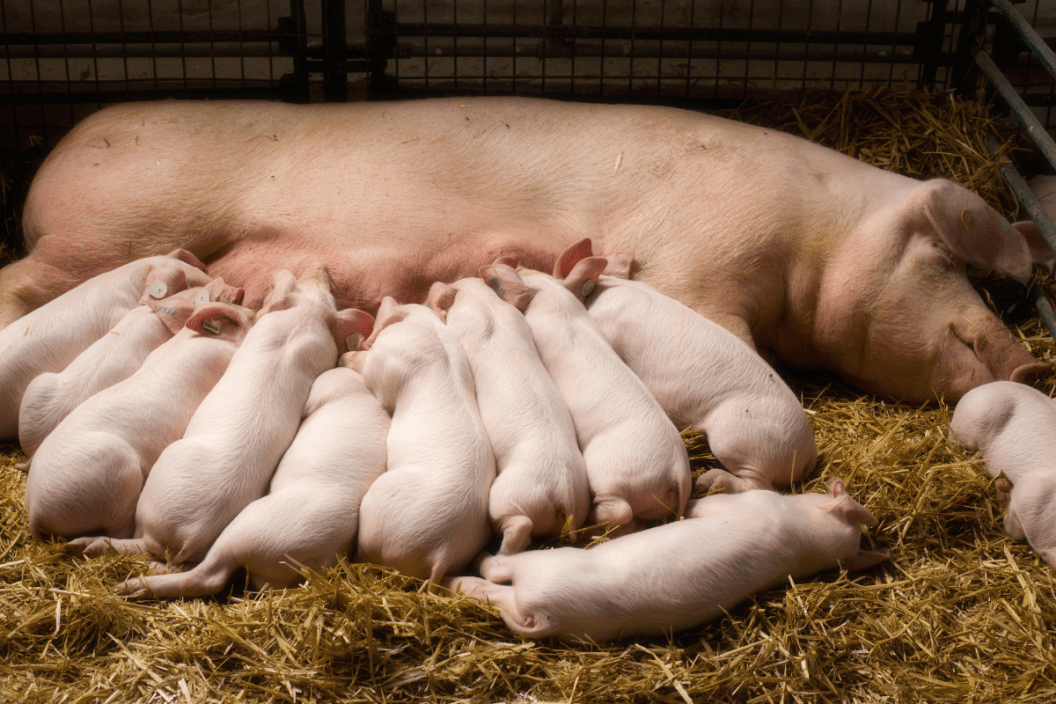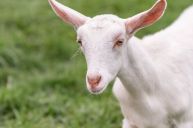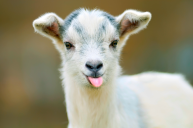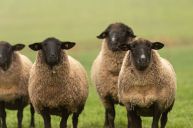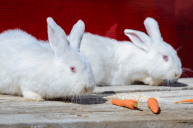Adding American Yorkshire pigs to your homestead? Here's what you need to know.
American Yorkshire pigs are large white pigs with non-aggressive personalities and long bodies. Pork producers prefer their muscular, fatty backs, and that most of their bodies contain a high concentration of lean meat, allowing this pig to have many different cuts of meat on their body. American Yorkshire pigs have docile temperaments and large piglets litters, making them an excellent addition to a farm or homestead.
American Yorkshire History

American Yorkshire pigs are a popular breed of domestic swine found in almost every state, with the highest populations in Illinois, Indiana, Iowa, Nebraska, and Ohio. The Yorkshire breed originated in England's county of York and is also recognized as English Large White in the rest of the world. Around 1830, the first Yorkies were imported into the United States, creating its American version. There was a rapid breed expansion in the late 1940s, forming the modern Yorkshire breed of swine. Many Yorkshire pigs were imported from Canada, where the breed was the most common due to its ability to produce the type of carcass in demand.
Tips for Raising American Yorkshire Pigs
https://www.instagram.com/p/B5kzUSLAXCA/
American Yorkshire pigs are a breed of domestic pigs. They are large white pigs, with males weighing between 550 and 750 pounds and females weighing between 450 and 650. They have erect ears, and their tails are slightly curled. The majority of Yorkshire pigs do not live more than one or two years. They are not violent in any way and are usually well-behaved. Although they need space to be active, their laid-back nature allows them to adapt to small, cramped spaces when necessary.
An American Yorkshire pig's skin appears white or nearly transparent, making it challenging in the summer heat. Allow them plenty of space to wallow in the mud; mud acts as a sunscreen and can help avoid sunburn. They also have long, agile bodies and need plenty of space to run around and exercise. Yorkshire pigs can be fed a range of foods; kitchen scraps such as vegetables, fruit, and bread can make up a significant portion of their diet. However, it is important to supplement their diet with pig pellets containing micronutrients to maintain a balanced diet.
Female pigs (sows) are well-known for their mothering ability and milk production. They produce large litters of between 10 and 12 piglets but are known for being good mothers, despite their litter size. Yorkshire pigs have a slow growth rate than other domestic pigs; they often need 10 months before reaching their full market weight. Depending on what you feed your piglets, this may make your litter more expensive to raise. However, because Yorkshire pigs produce less fat, you will have less waste at slaughter time.
Share your experiences raising pigs on the Wide Open Pets Facebook page!
